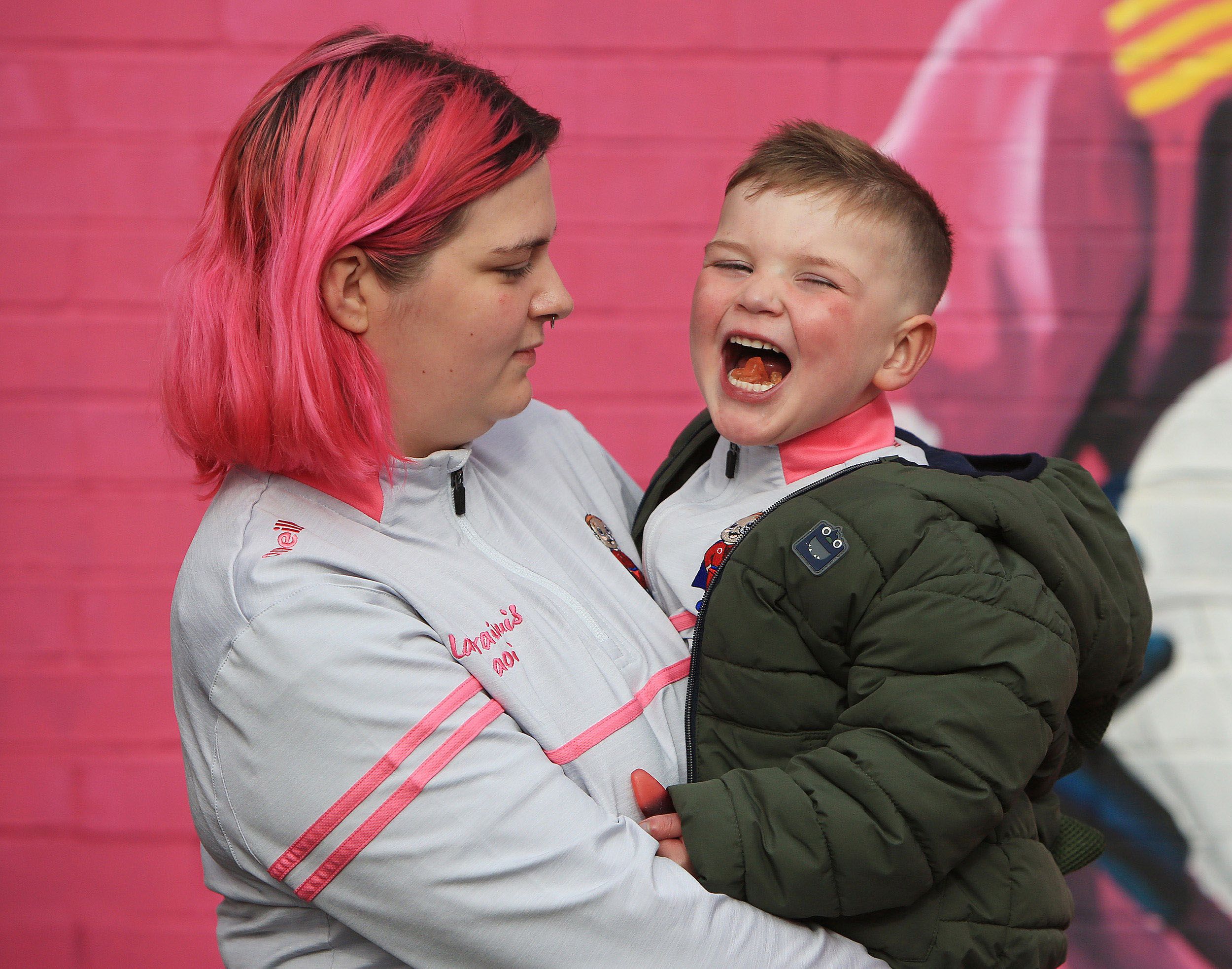SO Dáithí's Law has come into force here in the North.
The Organ and Tissue Donation (Deemed Consent) legislation, known as 'Dáithí's Law' in honour of six-year-old Dáithí Mac Gabhann, changes the way consent is granted and follows similar law changes in Wales, England and Scotland.
I had the incredible opportunity to be a part of a beautiful well-being day organised by the Northern Ireland Kidney Patient Association (NIKPA) at a wonderful venue, the Dunsilly Hotel near Antrim. My role was to deliver mindfulness training. I was humbled and delighted to receive such an invitation from NIKPA to deliver mindfulness practice sessions, emphasising the importance of mindfulness for both patients and carers. Little did I know that this experience would leave me feeling not only honoured but also deeply moved by the compassion and resilience of the patients, workers and carers that I encountered.
As I arrived at the Dunsilly Hotel, the tranquil surroundings immediately set the tone for the day ahead. The event was thoughtfully designed by Patty and Emma to provide a space for kidney patients, their families and healthcare professionals to come together and explore various practices that promote well-being and resilience. The sight of individuals coming together with a common purpose was, as always for me, truly inspiring.
The morning began with a series of informative talks and workshops covering a wide range of topics related to kidney health, mental well-being and self-care. These sessions were designed to educate and empower both patients and carers, equipping them with valuable knowledge and skills to better manage their health and cope with the challenges they face.
As the day progressed, it was time for my mindfulness practice session. The room was filled with a sense of anticipation and curiosity. I started by explaining the concept of mindfulness and its potential benefits for managing stress, anxiety and pain. The participants, including patients, carers, and healthcare professionals, listened attentively, eager to learn how mindfulness could be incorporated into their daily lives.
We began the practice by focusing on our breath, grounding ourselves in the present moment. I guided the group through various mindfulness exercises, encouraging them to observe their thoughts and emotions without judgment. The room gradually filled with a palpable sense of calm and peace. It was heartwarming to witness the participants embracing the practice and finding solace in the present moment, even if only for a short while.
What touched me most profoundly throughout the day was the overwhelming compassion and resilience displayed by the kidney patients, workers and carers. Despite the hardships they face, there was an unwavering sense of determination and unity among them. They shared their stories, offered support to one another and found strength in their shared experiences. It was evident that NIKPA had created a community that fostered empathy, understanding and a sense of belonging.
As the day drew to a close, I couldn't help but reflect on the impact of mindfulness practice on the well-being of kidney patients and their carers. Mindfulness offers a valuable tool for cultivating self-awareness, managing stress and enhancing overall quality of life. It provides a sense of grounding and resilience that is particularly crucial when navigating the challenges of chronic illness.
I left the well-being day with a renewed sense of purpose and gratitude. I was deeply moved by the compassion and strength I witnessed among the participants and I felt privileged to have been a part of their journey towards greater well-being. NIKPA's commitment to supporting kidney patients and their carers is truly commendable, and their efforts to integrate mindfulness into their programmes reflect a holistic and patient-centred approach to care.
As I drove home, I couldn't help but feel inspired by the resilience and compassion that filled the room that day. NIKPA's well-being day was a reminder that healing extends beyond medical treatments and that the power of community and mindfulness can play a significant role in enhancing the lives of patients and carers alike. It is my hope that more organisations and healthcare providers will recognise the importance of mindfulness in supporting the well-being of those facing chronic illness and consider integrating such practices into their care models.









